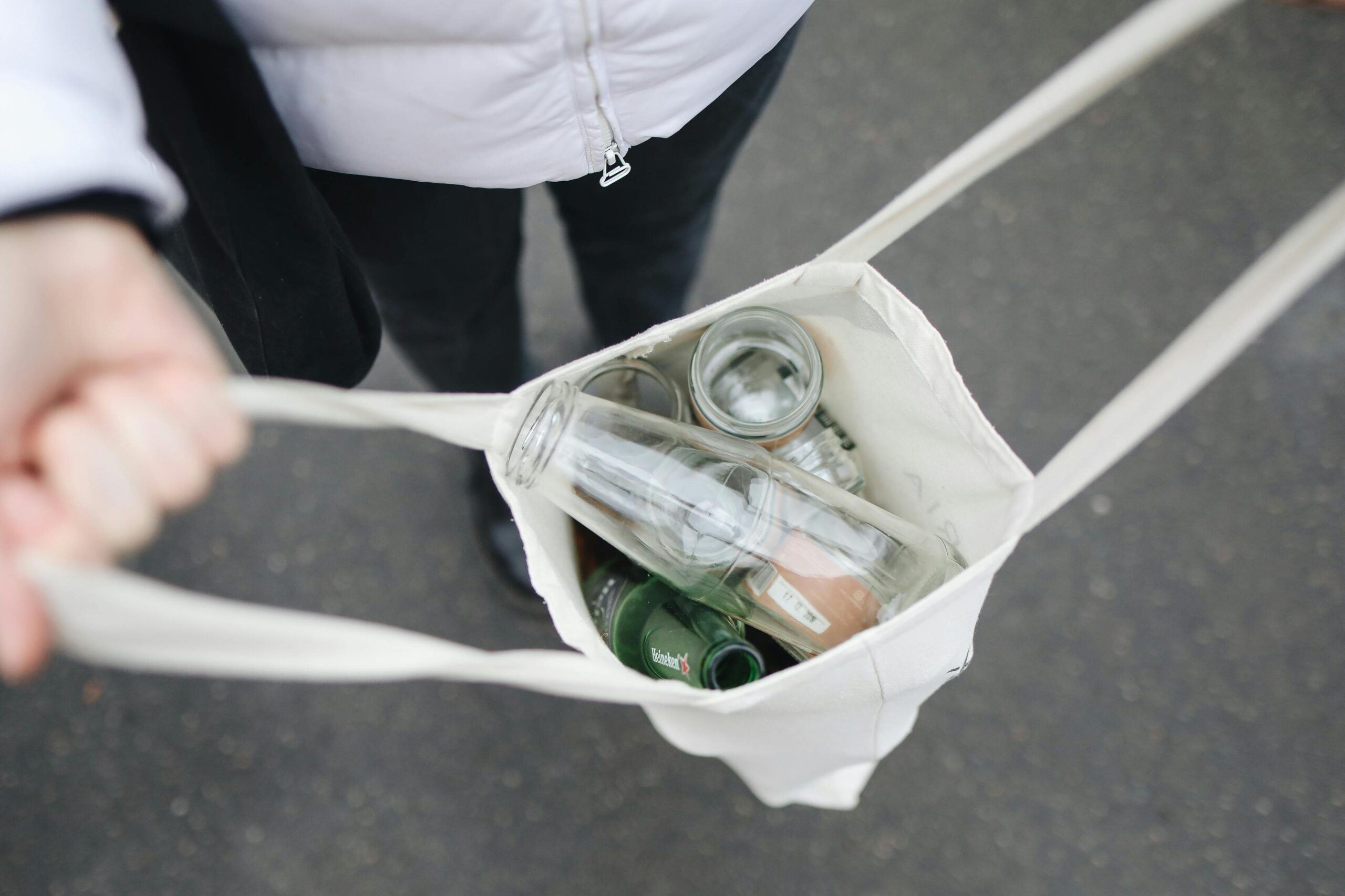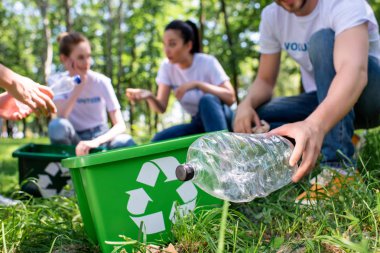Sustainable Development Goals (SDGs) and Local Action: Bridging the Gap
The Sustainable Development Goals (SDGs), adopted by the United Nations in 2015, outline a universal

The Sustainable Development Goals (SDGs), adopted by the United Nations in 2015, outline a universal

Women have long been at the forefront of global development, particularly in rural and developing

Plastic pollution is a global environmental crisis that has far-reaching effects on ecosystems, public health,

In a world grappling with the consequences of overconsumption and environmental degradation, a circular economy

Green energy, derived from renewable sources such as solar, wind, hydro, and geothermal, has emerged

In today’s world, sustainability has emerged as a key focus across industries, with businesses, governments,

Introduction Sustainability initiatives are essential for businesses and organizations aiming to reduce their environmental impact

Introduction Traveling sustainably is becoming increasingly important as more people seek to explore the world

Key Takeaways
Energy Savings: Recycling reduces the energy needed for manufacturing and lowers carbon emissions.
Resource Conservation: Recycling supports the circular economy by reusing materials, reducing the need for virgin material extraction.
Support for Renewable Energy: Recycled materials are crucial for building and maintaining renewable energy infrastructure, such as wind turbines and solar panels.
Reduction in Greenhouse Gases: By minimizing waste sent to landfills and reducing the need for raw material extraction, recycling lowers greenhouse gas emissions.
Sustainable Growth: Recycling is essential for the sustainable growth of renewable energy industries and the overall energy transition.

Introduction Adopting a zero-waste lifestyle is a powerful way to reduce your environmental footprint and